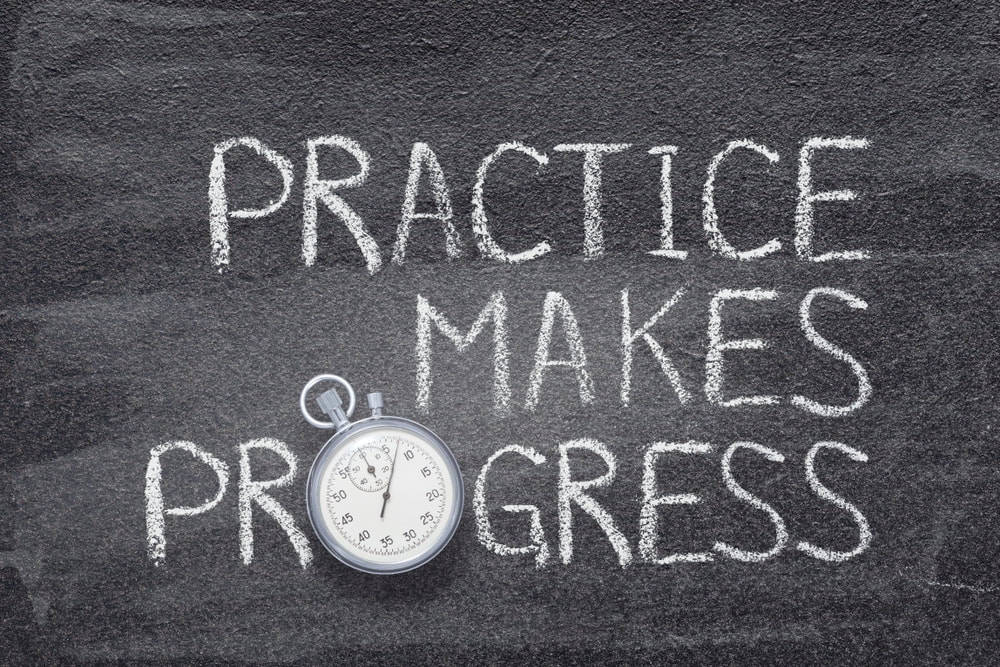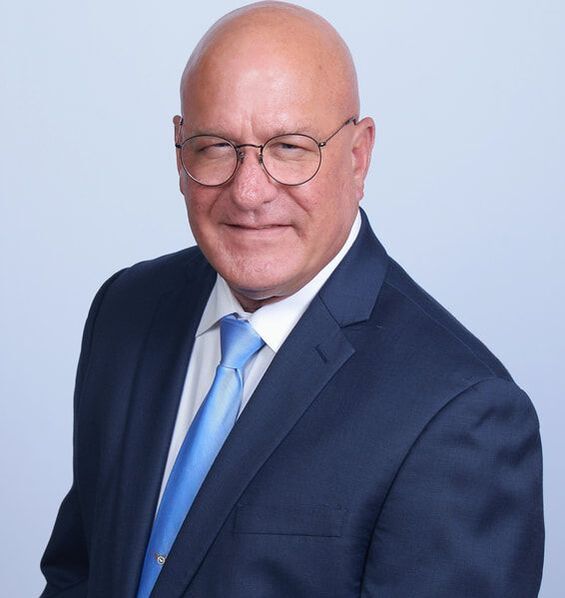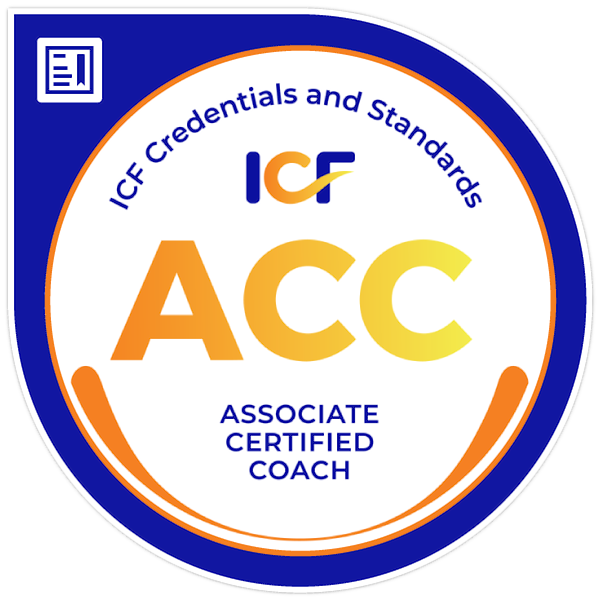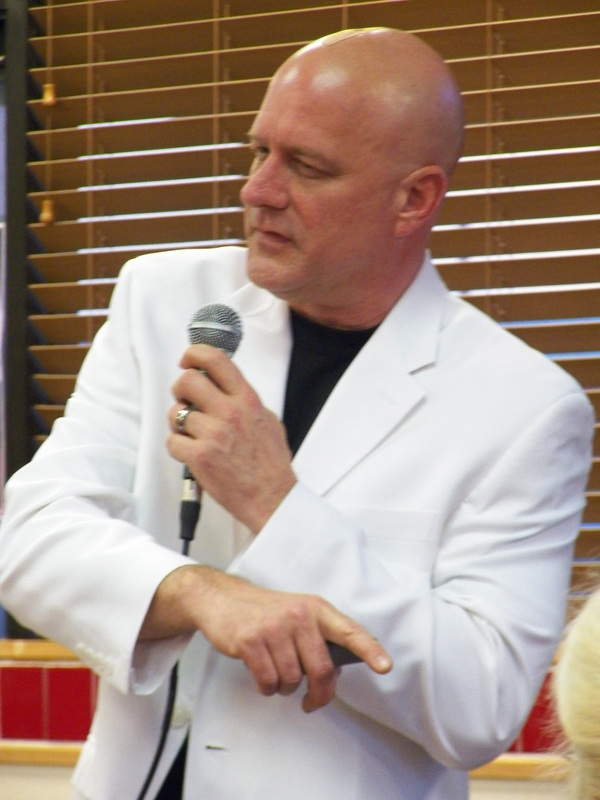Those who have long enjoyed such privileges as we enjoy, forget in time that men have died to win them. FRANKLIN D. ROOSEVELT Today is one of those solemn holidays when we should each pause for a moment and remember and honor all of the service members and veterans who died while in service to the United States during peace and war. While springtime tributes known as Decoration Day for fallen military began not long after the Civil War, Memorial Day did not become an official federal holiday until 1971. National Moment of Remembrance Many people are not aware that in 2000, a resolution was passed and President Bill Clinton issued the National Moment of Remembrance memorandum which asks that at 3 PM local time, for all Americans "to remember and reflect on the sacrifices made by so many to provide freedom for all"—something more of us should do in these volatile political times and when so many are positing views so antithetical to our fallen heroes, national values, and hard-fought democracy. Why are red poppies worn on Memorial Day? Another custom many people are not aware of is the wearing of red poppies. The red poppy became a symbol of veteran sacrifice during WW1 when a soldier and Canadian surgeon, Lt. Colonel John McCrae, wrote the poem, In Flanders Field. It opens: In Flanders fields the poppies blow Then, in 1918 Moina Michael wrote a tribute poem to honor McCrae's original and was inspired to make the red poppy a symbol for remembering WWI's fallen soldiers. One line from her poem, We Shall Keep the Faith, reads: We cherish, too, the poppy red If you want to learn more about the history of poppies and Memorial Day, I highly recommend Cassandra Crosby's article, The Significance of Poppies. How many have sacrificed? The US military has recorded nearly 1.3M battle and non-combat deaths from 1775-2022. They died in service of our nation and our Constitution honoring a sacred oath. I took that oath to defend our Constitution in 1983 when I served as a Combat Medic/Practical Nurse in the US Army: I, _______, do solemnly swear (or affirm) that I will support and defend the Constitution of the United States against all enemies, foreign and domestic; that I will bear true faith and allegiance to the same; and that I will obey the orders of the President of the United States and the orders of the officers appointed over me, according to regulations and the Uniform Code of Military Justice. So help me God. Today, let us not only honor those who died in service of the United States, but what they defended for us: Our Constitution, our values, and our freedoms and rights. God bless the United States our service members! This nation will remain the land of the free only as long as it is home of the brave. ELMER DAVIS Have an amazing journey today! Alan Mikolaj is a seasoned coach and leadership development consultant with nearly 20 years of experience. He is passionate about helping leaders transform their leadership, their teams, and their organizations. He has an impactful, professional approach driven by a passion for meaning and purpose, a growth mindset, and a commitment to excellence and service in order to drive change and results. Alan holds his Master of Arts in Clinical Psychology and Associate Certified Coach credential with the International Coaching Federation (ICF) and maintains their ethics and standards of behavior, including the standards regarding confidentiality. You can learn more about them on the ICF website. Transformational change starts with a conversation! Alan is on a mission to partner with like-minded leaders who want to make a positive difference in the world. Schedule your free, one-hour session by clicking here: Discovery Conversation with Alan Or call or email: Contact Page
0 Comments
To excel at the highest level—or any level, really—you need to believe in yourself, and hands down, one of the biggest contributors to my self-confidence has been private coaching. STEPHEN CURRY Professional Basketball Point Guard for the Golden State Warriors As International Coaching Week comes to a close, I wanted to put a focus on coaching. There are many myths and misperceptions about coaching. In this week's blog, I will walk you through five of them. But first, what is coaching? The International Coaching Federation or ICF is the world's leading organization for coaches and coaching. The ICF is dedicated to advancing the coaching profession by setting high standards, providing independent certification, and building a worldwide network of trained coaching professionals. I hold my Associate Certified Coaches (ACC) credential with the ICF. The following is how the ICF defines coaching: Coaching is partnering with clients in a thought-provoking and creative process that inspires them to maximize their personal and professional potential. The process of coaching often unlocks previously untapped sources of imagination, productivity and leadership. We all have goals we want to reach, challenges we’re striving to overcome, and times when we feel stuck. Partnering with a coach can change your life, setting you on a path to greater personal and professional fulfillment and success. So walk with me for just a couple of minutes and explore five myths about coaching. MYTH #1: Coaching is only for people with a problem(s). Journalist and communications expert, Abigail Pickus, had this to say about coaching, "Who, exactly, seeks out a coach? If you ask a coach the answer is usually the same: Winners who want even more out of life." That echoes what Stephen Curry said in our opening quote. Most of my clients are either relatively successful compared to other leaders or very successful leaders who are either focusing on a specific Big Hairy Audacious Goal (BHAG) or a project and/or are seeking to develop or even transform their leadership and their life. In one organization where I used to internally coach leaders, our HR department had an unofficial policy that our coaching services were not to be used for remedial purposes and/or for any leader on a PIP or whose last performance review was less than a 'meets expectations.' They simply didn't want to waste the valuable resource of an experienced coach on someone with a high risk of departing the organization. But that doesn't mean that those types of individuals or even those with problems won't benefit from coaching. They absolutely will. Every single one of my clients have had either a problem(s) or a challenge(s) associated with their BHAG, leadership, and/or life. Others partner with me for just a short time to specifically focus on a distinct problem or challenge. As the ICF states in the definition above, the goal of coaching is to "maximize their personal and professional potential." MYTH #2: Coaching is really expensive. Compare the cost of a training course or leadership development program. One or two-day workshops can run as low as around $300 to over $3K. Full-blown leadership development programs can run from as low as $1500 to some running over $10K or even more. There may be travel, hotel, and meal expenses. Not to mention the hidden costs of being away from work. If you're enrolling in something internally, when you factor in the costs of the facilitator's salary and benefits and the time it took to develop and deliver the content, the costs can be even higher. A coach only bills for actual coaching hours and there's almost never any travel expenses since most coaching is done virtually, these days. Both training and coaching are valuable when matched to meet the needs of people. You can even engage with both at the same time adding a catalyst effect for both. Coaching is an excellent investment. But what's the ROI? According to the 2009 ICF Global Coaching Client Study :
The iPEC report mentioned above states that figures of between 500% and 700% commonly reported as being a reliable ROI for executive coaching. And who you hire matters. It's like anything else you buy or anything else you invest in: You get what you pay for. Certified coaches with experience and higher education, especially for leadership and executive coaching, are simply going to require a slightly larger investment. It's hard to put a value on years of coaching experience, years of study and continuing education, and other professional and life experience. Coaching is an investment in your leadership and yourself. One of the key differences about coaching and some other offerings you get as a leader, is that what you learn and take-away from coaching will last you a lifetime. MYTH #3: Coaching is the same as consulting, training, therapy, or mentoring. On my webpage, More About Coaching With Alan, I share two short videos that are also on my YouTube channel:
In the first video, I not only answer what coaching is, I distinguish it from what coaching is not using the above graphic. Coaching is distinctly different from either consulting, training, therapy, and mentoring. The second video then walks through the process of coaching and after watching them both, you will see how different coaching is from any other professional service. Finally, if you're interested in learning what coaching would be like with me, feel free to watch my introduction video as a coach: A Message from Alan MYTH #4: Coaches will just give me advice and have all the answers and/or will set the agenda or present a coaching program to me. This might actually be partially true for coaches not certified through the ICF. However, a coach certified through the ICF takes a pledge to the ICF Code of Ethics and Standards of Behavior. One of the key elements of ICF coaching that sets it apart from other professional services and other types of "coaching," is that the coach does not give advice or set the agenda. A strong ICF certified coach partners with you to establish your overall coaching plan and goals and helps you discover what you want to accomplish in each session. In other words, you are in the driver's seat. The focus is 100% on empowering you! MYTH #5: Coaching is only for senior leaders or executives. Coaching is for anyone and everyone. Period. While my primary clients are leaders, I have coached many clients who are not. Some of my clients have been what are termed accidental managers. But I have coached people from all walks of life and from all levels of management and leadership, including those on the frontline and those in the C-suite. In a blog just a few weeks ago, Values & Purpose (Still) Matter, I wrote about a surprising finding from a 2019 study: It is middle managers and professionals who drive meaning and purpose at work and the greater financial gains that high purpose-clarity organizations have over other companies. It makes sense that these middle managers and professionals could add significantly more to the equation with coaching and targeted development. Concluding Thoughts Coaching is a powerful tool for anyone seeking to enhance performance and development and amplify their personal and/or professional effectiveness. You can use it to discover strengths, build resiliency, develop skills and discover strategies to leverage them. Coaching builds awareness, empowers you to be in the driver's seat, and leads to positive change. And yes, it can empower you to overcome problems and tackle challenges through revelations, strategies, and actions yet to be discovered and leveraged. Maximize your potential with coaching. Discover new ways to flourish and become your best self! To learn more about coaching with me, visit my Coaching With Alan webpage. Finally, I want to share a short reflection video I created for those who may be considering coaching. It's also on my Coaching With Alan webpage and YouTube channel. The Road Sign
Have an amazing journey today! Alan Mikolaj is a seasoned coach and leadership development consultant with nearly 20 years of experience. He is passionate about helping leaders transform their leadership, their teams, and their organizations. He has an impactful, professional approach driven by a passion for meaning and purpose, a growth mindset, and a commitment to excellence and service in order to drive change and results. Alan holds his Master of Arts in Clinical Psychology and Associate Certified Coach credential with the International Coaching Federation (ICF) and maintains their ethics and standards of behavior, including the standards regarding confidentiality. You can learn more about them on the ICF website. Transformational change starts with a conversation! Alan is on a mission to partner with like-minded leaders who want to make a positive difference in the world. Schedule your free, one-hour session by clicking here: Discovery Conversation with Alan Or call or email: Contact Page Changing what you have, Alan, comes from changing who you are. THE UNIVERSE (aka Mike Dooley) ©www.tut.com I started receiving Mike Dooley's Notes from the Universe sometime in the very early 2000s. I received the above note back in early April and saved it in my Inbox until now. I've re-read it several times over the past month and I wanted to share it with you—and also to encourage you to join the over 1.2M people who receive The Notes every weekday all around the world. And while I do agree with Mike that the essence of changing what you have and who you are begins with your thoughts, sometimes changing some, or even most, of them can be quite challenging. The Challenge with Changing Thoughts Thoughts are comprised of internal physical and emotional perceptions and external physical perceptions (from the five senses) coming from the environment that form into cognitions, ideas, judgements, opinions, beliefs, and even our perspectives. When we think certain thoughts over and over again, we form longer-lasting thoughts we call attitudes. Add in automatic thoughts, thought-patterns, habits, beliefs, and biases, and I think you can see why I think there might be an ease<—>challenging continuum to changing our thoughts. And, did you know that almost every thought we have is formed automatically and out of awareness? Nikolas Dimitriadis and Alexandros Psychogios report in their book, Neuroscience for Leaders: A brain-adaptive leadership approach, that neuroscientific and psychological research has estimated that only 1-2% of total brain activity is at any level of conscious awareness—what psychology calls controlled processing. That means that a whopping 98-99% of brain activity is completely automatic processing—or what old-school psychology used to call unconscious. The science also reveals that 95% of our decisions are automatic! One example is renowned Harvard Business School Professor of Business Administration Gerald Zaltman's findings. He said, "However, in consumers’ purchasing choices, 95 percent of the decision-making process takes place below the conscious level." There's evidence that the gut microbiome affects thoughts, with psychologists and neuroscientist now calling that the gut-brain axis. Our physical state of being can drive emotions and thoughts, too. Ever been really hangry? Or sleep-deprived for several days in a row? But we do know that emotions can drive thoughts and thoughts can drive emotions and that emotions are the biggest driver of behavior. So, the cognitive-emotive connection must be considered if we want any meaningful change. So, for some of us, if not for all of us, changing at least some or maybe even most of our thoughts could be quite challenging. But not impossible by any stretch! Dr. Wayne Dyer has a bestselling book by the name, Change Your Thoughts, Change Your Life and there are countless books, blogs, and articles about how that is true. It does, however, take practice—distributed and deliberate practice, to be specific. And that kind of practice takes self-awareness, self-examination, and a new alertness to your environment and how you interact with it. It might even be helpful to get some feedback from others close to you for additional perspective. But when you identify what thoughts, feelings, perspectives, attitudes, or automatic thoughts you want to change, it's most likely going to take some practice. We have to think about thinking or what's called metacognition. Distributed Practice Distributed practice is a learning technique where practice occurs in multiple short sessions over a long period of time. It has been proven to be the best studying method for effective learning that lasts. It's also known as spaced repetition or spaced practice. Cognitive scientists and educational researchers and practitioners have long known that if your goal is to get information into long-term memory and have it available to you in both predictable and novel situations and environments, then spacing review and reflection of that information and practicing it repeatedly over time are the most effective way to achieve that. As a single footstep will not make a path on earth, so a single thought will not make a pathway in the mind. To make a deep physical path, we walk again and again. To make a deep mental path, we must think over and over the kind of thoughts we wish to dominate our lives. HENRY DAVID THOREAU Deliberate Practice Deliberate practice is a little different. Remember Malcolm Gladwell 's 10,000-Hour Rule? He popularized it in his book Outliers: The Story of Success. Gladwell’s catchy rule contends that it takes ten-thousand hours of practice to become a master in most fields. However, the authors behind the original research study on which Gladwell primarily based his figures claim that his interpretation wasn't actually accurate. The study reported on a group of violin students at a prestigious music academy in Berlin. They found that the most accomplished of those students had put in an average of ten thousand hours of practice by the time they were twenty years old. First, they were students and not even close to being masters. Second, that figure is the average number of hours of practice for the best students at twenty years old. This means that the average best student was ahead of about half of the other best students, but still behind the upper half (in terms of practice hours put in over their lifetime up to that point). Most importantly, what the authors actually describe and point out is that the students had been engaging in what is known as deliberate practice. Deliberate practice involves constantly pushing yourself beyond your comfort zone, following training activities designed by an expert to develop specific abilities, and using feedback to identify weaknesses and work on them. Once someone puts in the hours and hours of repetition to become proficient in rote skills like hand placement and scales by distributed practice, deliberate practice practice sessions are integrated into their practice regimen challenging the student to go to new levels. Schedule It! So, if we're trying to change our thoughts in order to change what we do in order to get what we want, we're probably looking at altering something or some things in our morning, daily, evening, and nightly routines and rituals. We may decide that we need to have study time or use tools, like positive affirmations, To-Do List apps, and other strategies, that we repeat on a regular basis. We may need to get creative and/or read up a little about what we really want to change or take a course or enroll in a developmental program. We may decide we want to engage with a professional, like a therapist or a coach. All GOATs, like a Tom Brady, have a coach or coaches to help them grow, change, and develop new thoughts, behaviors, rituals, and practices. Coaching is for winners who want to get better and stay ahead of their rivals or competition and/or so they can continue pursuing even higher levels of impact and success. Whatever tools and/or strategies we choose, it is important to schedule both distributed and deliberate practice in our calendars and/or set reminders to practice new behaviors, conduct thought-reflections, contemplate, say affirmations, visualizing, and practice routines and rituals. Some may simply need to be scheduled temporarily until strong habits are formed and others we may need to block out on a more permanent basis. Conclusion Changing thoughts—especially automatic thoughts—thought-patterns, attitudes, habits, and the like, can be challenging. It takes self-awareness and metacognition. And, it takes practice—first, distributed practice and then, adding deliberate practice which will need repetition, too. You can learn more about distributed and deliberate practice (and so much more!) in my Purpose-Driven Leadership Program. Finally, using our calendars and reminders and other To-Do List tools can greatly boosts our chances of success. Have an amazing journey today! Alan Mikolaj is a seasoned coach and leadership development consultant with nearly 20 years of experience. He is passionate about helping leaders transform their leadership, their teams, and their organizations. He has an impactful, professional approach driven by a passion for meaning and purpose, a growth mindset, and a commitment to excellence and service in order to drive change and results. Alan holds his Master of Arts in Clinical Psychology and Associate Certified Coach credential with the International Coaching Federation (ICF) and maintains their ethics and standards of behavior, including the standards regarding confidentiality. You can learn more about them on the ICF website. Transformational change starts with a conversation! Alan is on a mission to partner with like-minded leaders who want to make a positive difference in the world. Schedule your free, one-hour session by clicking here: Discovery Conversation with Alan Or call or email: Contact Page Any manager who does not take values into account—both his own and other people's—will be a bad manager. ANTONIO ARGANDOÑA Values Clarity & Congruency's Impact on Work Outcomes Values clarification originated in the United State’s education system in the 1950’s by Louis Raths. It migrated into psychology by such figures as Lawrence Kohlberg in his moral development theory and by Carl Rogers into psychotherapy. But it wasn’t until the 1980’s and 90’s that it became popular in both cognitive-behavioral and other forms of therapy and in the self-help industry. It eventually made it’s way into business through human resources and organizational and leadership development work. Jim Kouzes and Barry Posner have been studying exemplary leaders for over 30 years. They advance their finding that the most admired leaders have one quality that stands out above all others: They have strong beliefs about matters of principle—they have a clear set of values that they live and lead by. They point out in their book, The Leadership Challenge Sixth Edition: How to Make Extraordinary Things Happen in Organizations, that leaders who express clarity about their own personal values are significantly more committed to their organization than those who are not. Clarity of personal values also positively impacted outcomes such as job satisfaction, turnover intention, and organizational pride. While clarity of organizational values also had some impact, it was personal values that made the difference. Absent clarity of personal values, being clear on organizational values did not by itself significantly impact those metrics. The studies they drew on came from 1990 and replicated again in 2010. Fast-forward to January of this year when Posner and Han extend these findings in a new study with a more global and much larger sample size. They focused on the impact that personal values' congruency, or the level of agreement or consistency between personal and organizational values, and organizational values clarity had on organizational commitment, motivation, and productivity. What did they find? Personal values congruency had a greater impact on organizational commitment, while the opposite was for true for motivation. Motivation, like "I would work harder and for longer hours if the job demanded it," was impacted more by clarity of organizational values. They both had an equally important impact on productivity. The authors said, "The lowest levels of commitment, motivation, and productivity were consistently found among those respondents who were low on both personal values congruency and organizational values clarity." So, values (still) matter. Purpose & Meaning at Work I don't have to tell you (again) how employees today are craving deeper meaning and purpose at work and all of the metrics that greater meaning and purpose at work impact. But I want to draw your attention to the bottom line: Financial performance. In a 2019 study, Corporate Purpose and Financial Performance, researchers were given access to the Great Places to Work Institute's, massive database. They conducted a data analysis of survey responses from nearly 500,000 employee's, from over 400 organizations, and at all levels within the organizations. The data spanned six years. Financial performance was assessed via operating return on assets (ROA) and Tobin's Q. What did they find? First, they identified two types of organizations with greater meaning and purpose:
Which one had the superior accounting & stock performance? High purpose-clarity organizations—and with up to a nearly 8% annual risk-adjusted stock return advantage. A Surprising Discovery And here's the surprising discovery: While senior executives reported the highest meaning and purpose at work (like you might expect), it was middle managers who drove meaning and purpose, and therefore the greater financial gains. The authors put it this way, "It is solely the middle managers and salaried professionals that drive the relation between high purpose-clarity organizations and financial performance." Purpose (still) matters. Conclusion Clarity and congruity of personal core values, organizational values, and meaning and purpose at work still matters. Senior executives need to realize and leverage the role that mid-level professionals and managers play in the interplay between them and key outcome metrics such as engagement, organizational commitment, job satisfaction, turnover intention, organizational pride, motivation, productivity, and financial outcomes. The Purpose-Driven Leadership Program can help you do that. It is a unique, powerful, enriching, empirically-driven, and engaging leadership developmental experience. Leaders who have gone through the program have called it "great," "engaging," "strong," and "brilliant." It can be delivered completely online and on-demand, hybrid, or as in-person workshops—whichever best meets you and your team's needs. Reach out to me today: Alan Mikolaj's Contact Information
Have an amazing journey today! Alan Mikolaj is a seasoned coach and leadership development consultant with nearly 20 years of experience. He is passionate about helping leaders transform their leadership, their teams, and their organizations. He has an impactful, professional approach driven by a passion for meaning and purpose, a growth mindset, and a commitment to excellence and service in order to drive change and results. Alan holds his Master of Arts in Clinical Psychology and Associate Certified Coach credential with the International Coaching Federation (ICF) and maintains their ethics and standards of behavior, including the standards regarding confidentiality. You can learn more about them on the ICF website. Transformational change starts with a conversation! Alan is on a mission to partner with like-minded leaders who want to make a positive difference in the world. Schedule your free, one-hour session by clicking here: Discovery Conversation with Alan Or call or email: Contact Page |
Alan Mikolaj
Alan Mikolaj is a a professional, experienced, positive, and passionate speaker, leadership and organizational development consultant, change agent, author, and coach. He holds his Master of Arts degree in Clinical Psychology from Sam Houston State University. He is a certified graduate coach from Coaching Out of the Box and holds his ACC and membership with the International Coaching Federation (ICF). Free Discovery Conversation!
Impactful change starts with a conversation! Schedule your free, one-hour session by clicking here: Discovery Conversation with Alan
Or call or email: Contact Page In his third book, A Travel Guide to Leadership, Alan offers you simple, fundamental, and powerful lessons that have the power to transform you, your relationships, and your career.
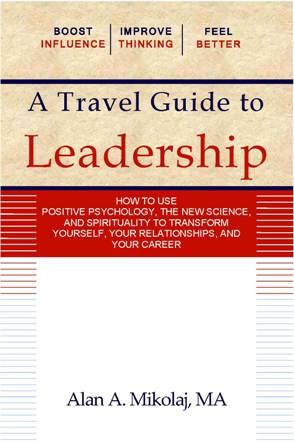
Blog Archives
July 2024
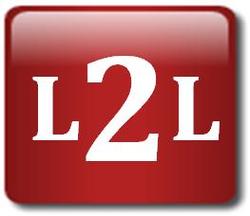
Linked2Leadership
Ranked #1 Business Blog! |
|
CONTACT
TEL: 346-291-0216 EMAIL: [email protected] SCHEDULE TIME WITH ALAN Free Discovery Conversation with Alan |




